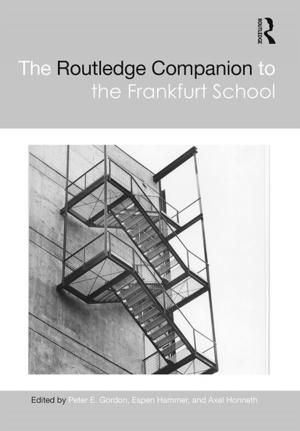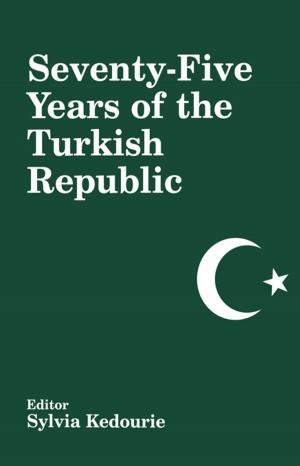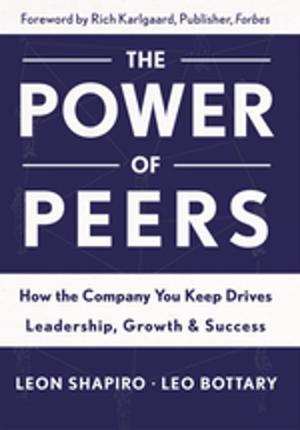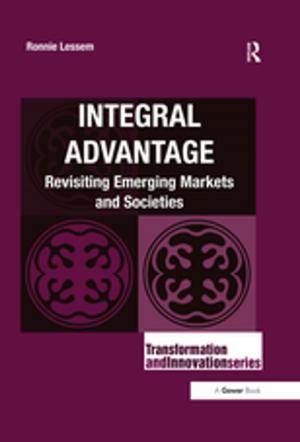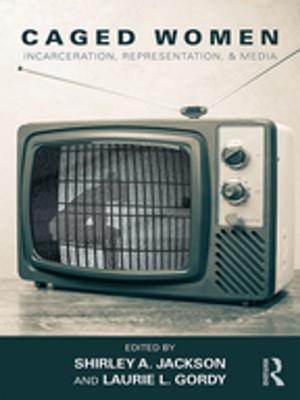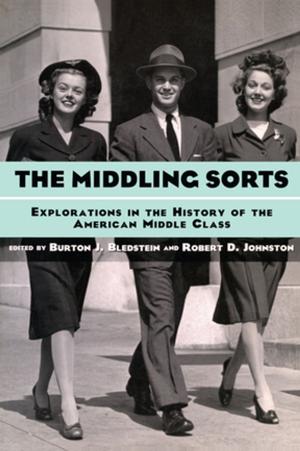Muslim Americans
Debating the notions of American and un-American
Nonfiction, Social & Cultural Studies, Social Science, Sociology| Author: | Nahid Afrose Kabir | ISBN: | 9781315517230 |
| Publisher: | Taylor and Francis | Publication: | August 12, 2016 |
| Imprint: | Routledge | Language: | English |
| Author: | Nahid Afrose Kabir |
| ISBN: | 9781315517230 |
| Publisher: | Taylor and Francis |
| Publication: | August 12, 2016 |
| Imprint: | Routledge |
| Language: | English |
With Islamophobia on the rise in the US since 9/11, Muslims remain the most misunderstood people in American society. Taking as its point of departure the question of the compatibility of Islam and democracy, this book examines Muslims’ sense of belonging in American society. Based on extensive interview data across seven states in the US, the author explores the question of what it means to be American or un-American amongst Muslims, offering insights into common views of community, culture, and wider society. Through a combination of interviewees’ responses and discourse analysis of print media, Muslim Americans also raises the question of whether media coverage of the issue might itself be considered ‘un-American’.
An empirically grounded study of race and faith-based relations, this book undertakes a rigorous questioning of what it means to be American in the contemporary US. As such, it will appeal to scholars of sociology and political science with interests in race, ethnicity, religion and national identity.
With Islamophobia on the rise in the US since 9/11, Muslims remain the most misunderstood people in American society. Taking as its point of departure the question of the compatibility of Islam and democracy, this book examines Muslims’ sense of belonging in American society. Based on extensive interview data across seven states in the US, the author explores the question of what it means to be American or un-American amongst Muslims, offering insights into common views of community, culture, and wider society. Through a combination of interviewees’ responses and discourse analysis of print media, Muslim Americans also raises the question of whether media coverage of the issue might itself be considered ‘un-American’.
An empirically grounded study of race and faith-based relations, this book undertakes a rigorous questioning of what it means to be American in the contemporary US. As such, it will appeal to scholars of sociology and political science with interests in race, ethnicity, religion and national identity.

